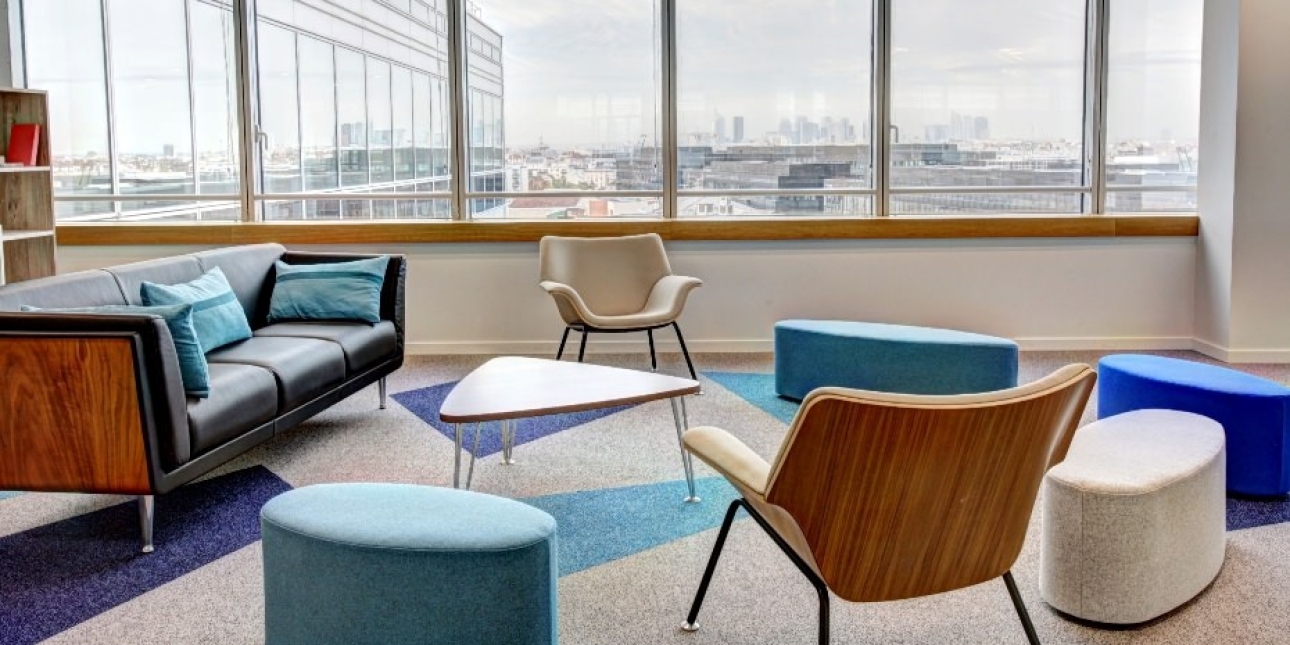PUBLIC RELATIONS
Tuesday 26th May 2020
PR agencies: will the office survive?
Back in 2017 I wrote a piece for Influence predicting that the traditional office environment of a PR agency was becoming outdated and sooner or later would be replaced by some kind of virtual model as savvy agencies looked to reduce overheads and attract the best talent by offering flexible working arrangements.
Little did we know that less than three years later a global pandemic would engulf the nation closing nurseries and schools, all non-essential shops and putting an abrupt end to office life.
Overnight, every office-based organisation in the country become part of a colossal home working experiment which has largely been deemed a success. Even the most traditional sectors are finally appreciating that a remote workforce not bogged down by long commutes, a culture of presenteeism and afforded a better work life balance is a more productive one.
So much so that some commentators are now predicting the complete demise of the office era.
The idea that office life as we know it has not just been put on pause but is more or less over is, to put it mildly, a cause of concern.
The office has been the bastion of professional life since the turn of the last century. While technology has changed the way we work, for example in the late 1990s email overtook the spoken word as the main form of communication even for those sitting next to one another, it was only the relatively recent advent of cloud based tech that enabled remote working to take off in a meaningful way.
Yet the tech that makes our lives more agile has not come without downsides, namely the blurring of work and homelife and an undesirable “switched on” culture.
Offices will open again but life post-Covid19 will be different. Arguably, the pandemic will accelerate changes that were already happening but is this necessarily a good thing?
As most PR agencies are SMEs, the transition to a virtual model is straightforward and with massively reduced costs, an appealing proposition in these challenging times. Yet as a creative profession, PRs need to brainstorm and share ideas with colleagues, something that can never be replicated so successfully over a zoom call.
With an average age of just 29, it’s also worth remembering that PR is a very young profession. While home working will make sense for the experienced minority, juniors need to learn from others, something facilitated by an office environment.
For in-house comms professionals, the case for being in the office for at least some of the week is equally compelling – to be effective you need to really understand the business you are working in, a knowledge that builds up over time often by attending meetings, even those which seem peripheral.
There are also cultural reasons for ensuring that office life survives.
For young graduates often living in a new city, the office provides a much needed structure to the working week and a social life. It is not unusual for people to meet their life partners through work, many more will make lifelong friends.
Moreover, offices tend to be rather fun.
Different characters rub together, attend waste of time meetings together, make small talk by the kettle and by doing so, colleagues bond and loyalty is fostered.
For older workers, the office provides a welcome sanctuary from the domesticity of homelife. Those of us with young children will understand why it is often said that being at work is easier than being at home...
So, will the office continue to play a role in the life of a PR agency?
While many more agencies are likely to move towards a virtual set up, I hope most will have some kind of physical focus, albeit in a shared office space. Post pandemic, we may not spend as much time in the office but it would be isolating not to have the option to go to one at all.
Antonia Welch is a freelance PR specialising in the legal sector and other professional services. See more at http://www.welchpr.co.uk.
Photo by yann maignan on Unsplash
